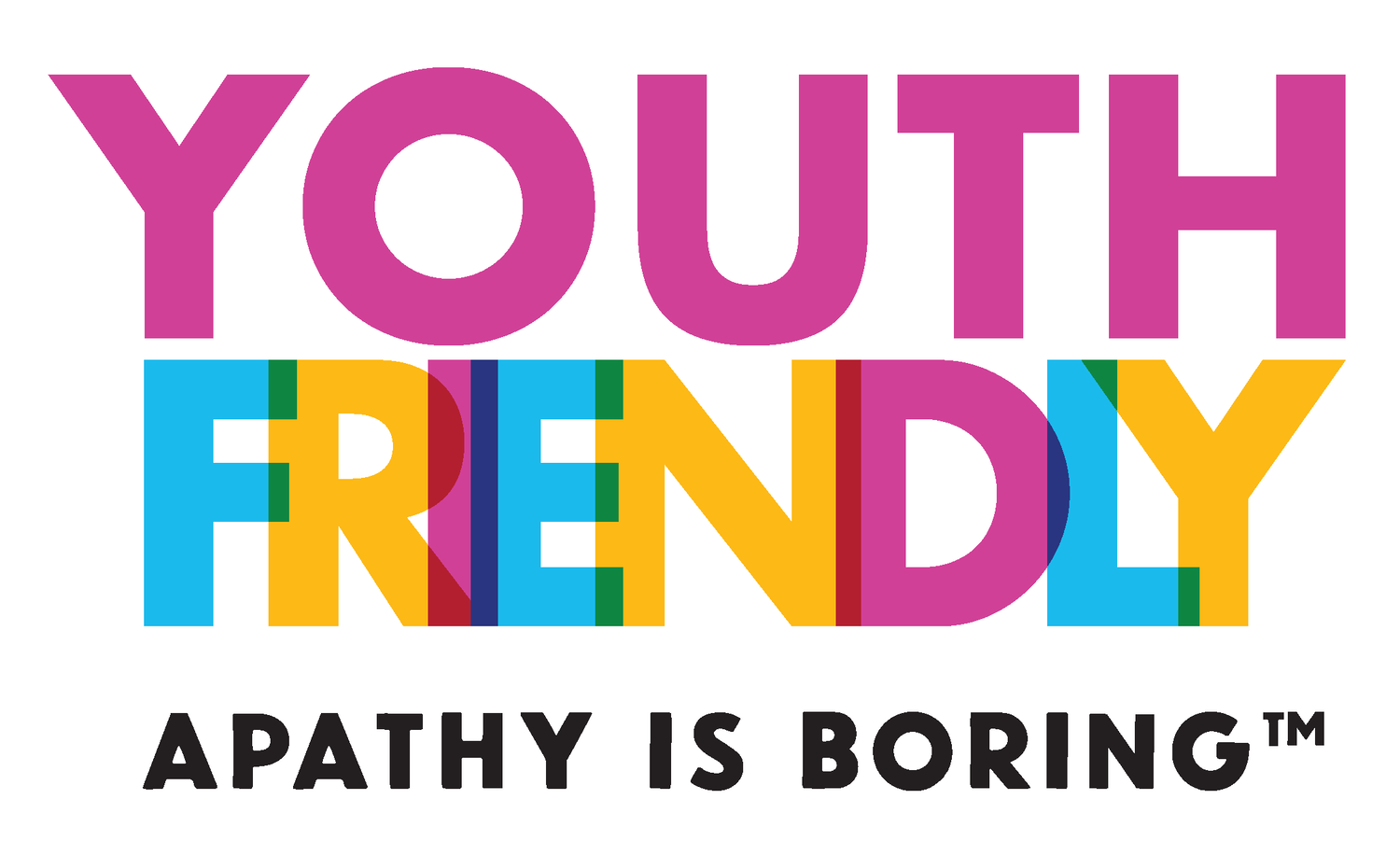THE SEVEN PRINCIPLES
The Seven Youth Friendly principles are taken from Apathy is Boring’s Youth Friendly Guide as well as our Youth-Led Democratic Innovation framework recommendations. The first edition of the Youth Friendly Guide was co-written in the 1990s by former Apathy is Boring co-founder, Ilona Dougherty, at the age of 16, alongside several other youth as part of the Canadian Environmental Network’s Youth Caucus. Since then, through numerous programs and consultations, Apathy is Boring has continued to build on those recommendations in order to ensure that they continue to reflect our work and mission to meaningfully engage youth today.
1. EMPOWER YOUTH IN DECISION MAKING
Once you’ve made space for youth in your initiative, it’s time to ask yourself how you can make these spaces meaningful avenues for their empowerment. It’s important to support youth in bringing their ideas to life by giving them access and control. This allows them to develop a sense of power and confidence in their own abilities, allowing for innate innovation and leadership to emerge.
2. PRIORITIZE ANTI-OPPRESSION TRAINING AND TOOLS
As we emphasize throughout this guide, youth are not a monolithic identity. Young people today are extremely diverse; arguably, the most diverse population in Canada. As a result, it is pivotal that engaging with youth centers the diverse lived realities and barriers they face. This means that it’s important to operate in a framework that creates safe, conscious and open spaces - particularly for Black, Indigenous, LGBTQ2IS+, disabled and other racialized youth.
3. INCORPORATE (CULTURALLY APPROPRIATE) MENTORSHIP OPPORTUNITIES FOR SUPPLEMENTAL SUPPORT
Carefully recruited mentors and peer guides provides rich experiences for youth. This allows them to develop their networks, skills and experiences. Additionally, peer mentorship allows young people to further develop their leadership skills and build on their capacities. It’s a win-win for everyone!
4. CREATE AND COMMUNICATE THE “SANDBOX” FOR INNOVATION
Realistic expectations and constraints must be set and understood by all parties - be it the youth you’re engaging with or the folks on your team. This allows for transparency, trust, communication and respect. Setting these boundaries around innovation will allow for more effective discussions and design.
5. REINFORCE THE VALUE OF THE SKILLS, EXPERIENCE AND POWER OF YOUNG PEOPLE
Young people possess diverse skills and experiences. In order to empower them to celebrate these strengths, be open and receptive to the knowledge they bring to the table. Lived experiences are just as important (if not more) than any degree, certification, or job experience. It’s important to value those as such.
6. WHEN IT COMES TO RECRUITMENT: DO THE WORK
Many systemic barriers exist for certain youth that make it difficult for them to get engaged. This is where the work comes in. In order to access the youth who aren’t often asked to pull up a seat at the table, seeking them out intentionally and meeting them where they are is key. This not only means creating programs and initiatives that are accessible, but also potentially working with partners who have direct relationships with a particular group of youth you’d like to access. Be open, flexible and provide extra support when they need you.
7. INCORPORATE FEEDBACK AND BE RESPONSIVE TO YOUTH
Create spaces for youth where they can provide you with ongoing feedback. Value and place importance on their feedback, and take measures to bring any of their recommendations to fruition.
These principles influence each other and should be understood as flexible categories.
They are in no particular order of importance or rank.
Different principles may be important to and organization at different times.
